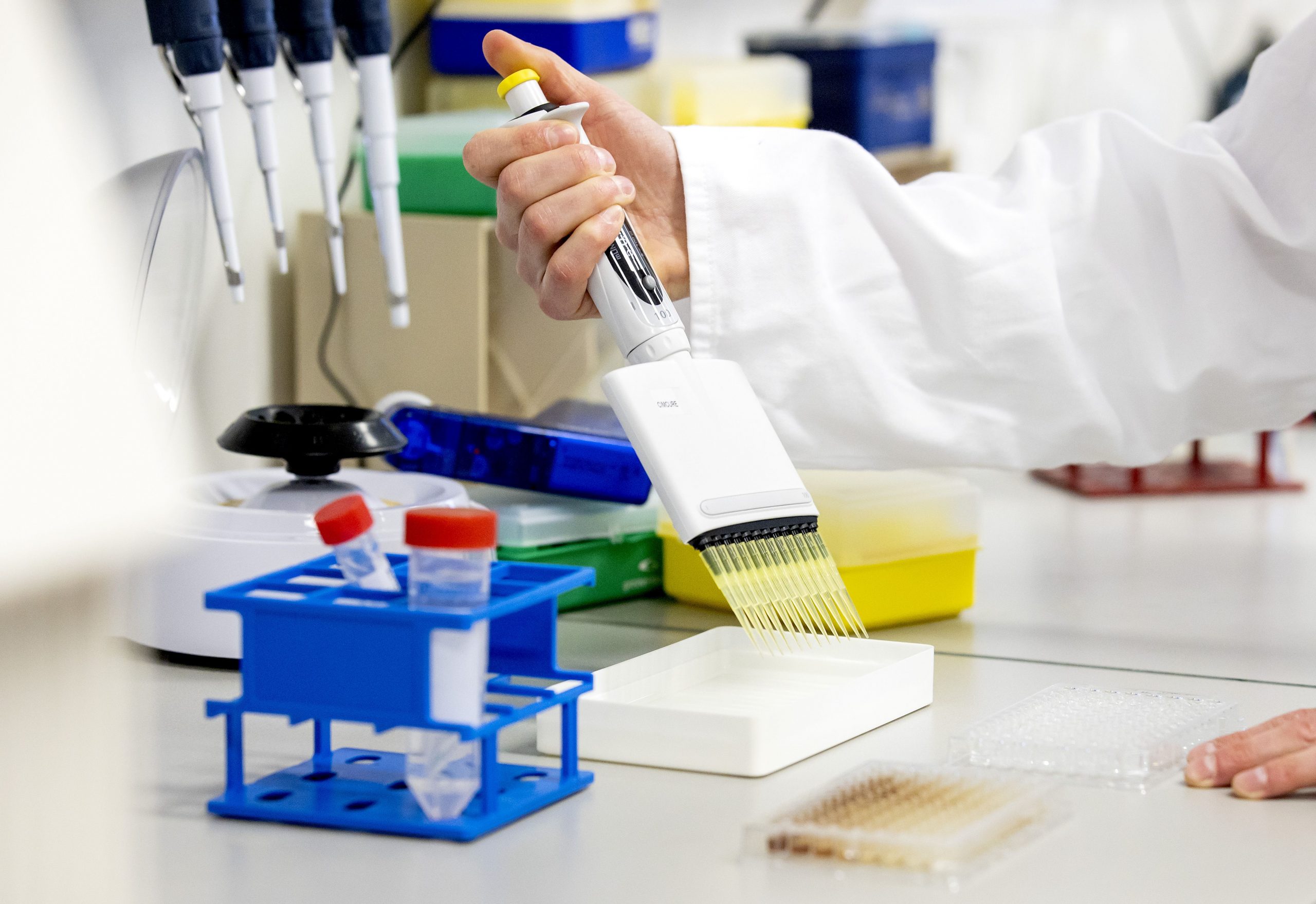
Since January, when I began writing about a mystery pneumonia in China, I have wondered what it would feel like to live permanently under the threat of a new contagious disease. It is now June and the answer is clear: this is what it feels like.
The home, work, social and travel restrictions to which we have all had to adhere – well, most of us – no longer feel like temporary arrangements but semi-permanent ones. Most of us are already living the new normal: a trepidatious existence filled with tightly drawn family, work and neighbourly circles that overlap at peril. Even as the UK lockdown eases – perhaps partly because of it – I fear the pandemic virus will be with us for years rather than months.
Why the gloom? Despite the stellar efforts of many scientists and doctors, there are no pharmaceutical interventions – vaccines or drugs – that are close to working effectively enough to restore the old normal. There is, as yet, no vaccine that seems capable of preventing infection. The only drug that has received a green light for treating Covid-19 patients is remdesivir: it shortens recovery time but does not improve the survival chances of the sickest.
Rightly or wrongly, incremental successes in both vaccines and therapies have been portrayed as battle-defining triumphs, often by those keen to nurture a sense of optimism in an anxious public. Moderna, a Massachusetts vaccine company, paraded preliminary data last month from a phase-one trial, suggesting its candidate could produce antibodies capable of binding to the virus. But not all antibodies are the same: at the time of the news release in mid-May, only eight of the 45 volunteers in the Moderna trial had developed neutralising antibodies, the crucial type needed to beat infection.
The much-publicised Oxford University vaccine, being developed in conjunction with AstraZeneca, can prevent rhesus macaque monkeys from getting Covid-19 pneumonia but not from being infected. If those results are replicated in people, it may mean a less severe disease but not necessarily lower transmission rates. It would be like a flu vaccine, offering some protection against a foe that never goes away, rather than a time machine capable of transporting us back to a pre-Covid world.
We should be encouraged that more than 170 vaccines are being developed, though mindful that none is guaranteed to work. If a winning vaccine does emerge, its value as a tool for reopening economies will trigger squabbles over who gets it first. An ugly precedent has been set by the international wrangles over personal protective equipment. In April, a German politician accused the US of “modern piracy” after a consignment of face masks en route to Berlin was diverted to the US. Donald Trump also reportedly tried buying up a German company working on a vaccine in an apparent attempt to monopolise any spoils for the US.
The equitable provision of a vaccine, then, is likely to be buffeted by geopolitical winds. Limited vaccine supplies may also raise other sensitivities: if non-white people suffer disproportionately from Covid-19, should they be prioritised for access? Such complex challenges call for careful contemplation, not haste.
Perhaps, in the meantime, a more effective drug than remdesivir may come along? I don’t mean to be tasteless, but best not to hold your breath. Counter-intuitively, the pandemic has made it harder, not easier, to pick therapeutic winners. The scientific journal Nature recently complained that too many small, uncontrolled trials were taking place instead of the large, collaborative and carefully designed trials needed to reach reliable conclusions. The rumpus over whether the malaria drug hydroxychloroquine works stems from this piecemeal approach.
Precedent is another reason for the reality check: this coronavirus might hang around simply because other coronaviruses do. The most headline-grabbing coronaviruses (until now) have been Sars and Mers, but there are four others that infect us at regular intervals and mostly cause symptoms associated with the common cold. Why should we expect Covid-19 to vanish of its own accord when so many of us remain susceptible?
As of 1 June, the virus had infected at least 6 million globally – less than 0.1 per cent of the world population. It will continue infecting people for as long as it is circulating. To stop it circulating, we need to know where the virus is and how it is spreading. This is the basic principle underlying testing, an even more critical measure when a disease can be spread by the symptomless. When international travel resumes, countries will stand or fall by their disease surveillance infrastructures: in a global village, a virus that circulates anywhere is a threat everywhere.
Britain, with its poor pandemic response, high infection rate and patchy testing and tracing strategy, is currently a weak link in the global transmission chain (making the plan to quarantine new arrivals to the UK illogical). The decision in England to “unlock” in multiple ways this week – re-opening schools, changing shielding rules, permitting outdoor markets – will also muddy the picture on how each contributes to transmission. If future lockdowns are required, this confusion may extend our pandemic-related privations. The onset of cooler weather is another moment of risk: indoor venues, with low ventilation and hard surfaces, are transmission hotspots.
I hope my melancholy is misplaced: that a brilliant vaccine arrives this year; that it can be dispensed to the many, not the few; that we can throng and hug once again. But until then the new rules for pandemic living seem set to stay. A virus cannot, sadly, be willed away by the Blitz spirit. We may be washing our hands of the virus but it has not yet washed its hands of us.
Anjana Ahuja is a contributing writer on science for the Financial Times
This article appears in the 03 Jun 2020 issue of the New Statesman, We can't breathe






